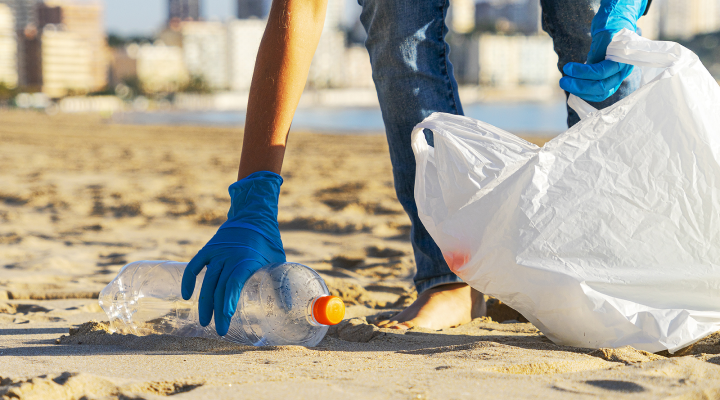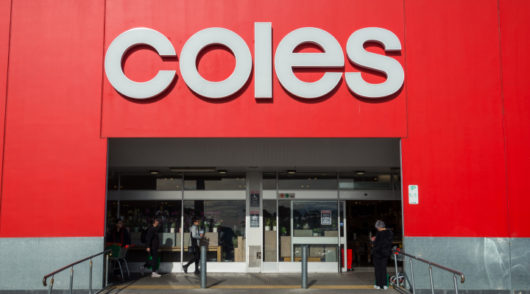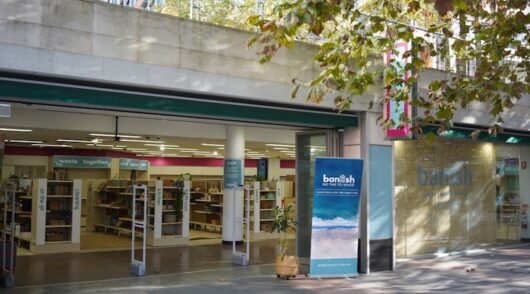A growing concern among consumers regarding sustainability and eco-friendly packaging of products, as part of a greater environmental consciousness, is now a factor in their purchasing decisions.
Research by Toluna, a consumer intelligence platform, reveals that one in five shoppers rate sustainability to define their choice of retailers, brands and products. It also showed that younger shoppers are quicker to drop brands that don’t meet their eco-preferences, with 25 per cent of 18-34 year-olds dropping a brand in the last six months due to sustainability concern. This compares to 21 per cent of 35-54 year-olds and nine per cent of over 55s.
When it comes to shopping sustainably, the most important factors for Australian shoppers are that packaging is recyclable (69 per cent), that there are biodegradable elements (55 per cent) and that the products themselves are made sustainably (54 per cent) and from locally sourced ingredients (54 per cent). Ethically-sourced ingredients (37 per cent) and ethical employment practices (32 per cent) were also found to be important.
“It’s fantastic to see that consumers feel passionate about sustainable packaging,” Brooke Donnelly, CEO of Australian Packaging Covenant Organisation (APCO) said. “One of the most powerful things they can do to drive change on this issue is to vote at the cash register and support brands that are doing the right thing.”
“Here in Australia, businesses and governments have committed to implementing the 2025 National Packaging Targets, which includes making all packaging 100 per cent reusable, recyclable or compostable by 2025,” Donnelly added. “I’d encourage all Australians to ask their favourite brands what they are doing to meet the 2025 Targets and support businesses that are taking practical action to implement them.”
Contrary to what might be expected, COVID-19 has not affected shoppers’ thoughts around packaged fruit and veg, with 85 per cent of respondents stating they’re just as comfortable, if not more comfortable, buying loose groceries now as when compared with before the pandemic.
Over two-thirds of shoppers (69 per cent) are looking beyond traditional retailers and supermarkets in a bid to shop more sustainably, choosing instead to shop for sustainable products online, at farmers markets, and boutique eco-stores. And environmental concerns are pushing shoppers to stop using some products altogether, such as takeaway cutlery (30 per cent), takeaway coffee cups (26 per cent), aerosol air fresheners and deodorants (18 per cent), plastic cling wrap and cleaning wipes (17 per cent) and plastic sandwich zip-lock bags (16 per cent).
Will Caruso, Senior Marketing Scientist and Packaging Expert at the Ehrenberg-Bass Institute for Marketing Science, said that the findings highlight consumers focus on the environmental impact of product packaging.
“Sales of brands who ignore eco-preferences might not decrease in sales next year (2021), but in the long term brands need to look for more sustainable ways to package their products,” Caruso said. “It is clear from this research sustainability packaging is becoming a category norm that should not be ignored.”
Sej Patel, Country Director, Toluna, Australia & New Zealand, also commented on the findings, saying, “Retailers and brands can no longer to afford to ignore the shifting consumer sentiment. We’re already seeing some brands innovating in this space and the research shows us that making sustainable changes to packaging will help brands win customers; shoppers now expect to see more sustainable options, so brands must deliver or risk losing market share.
“As we move into 2021, it will be more important than ever for businesses to keep track of the ever-changing customer insights and continue to change their offering accordingly,” Patel added.






